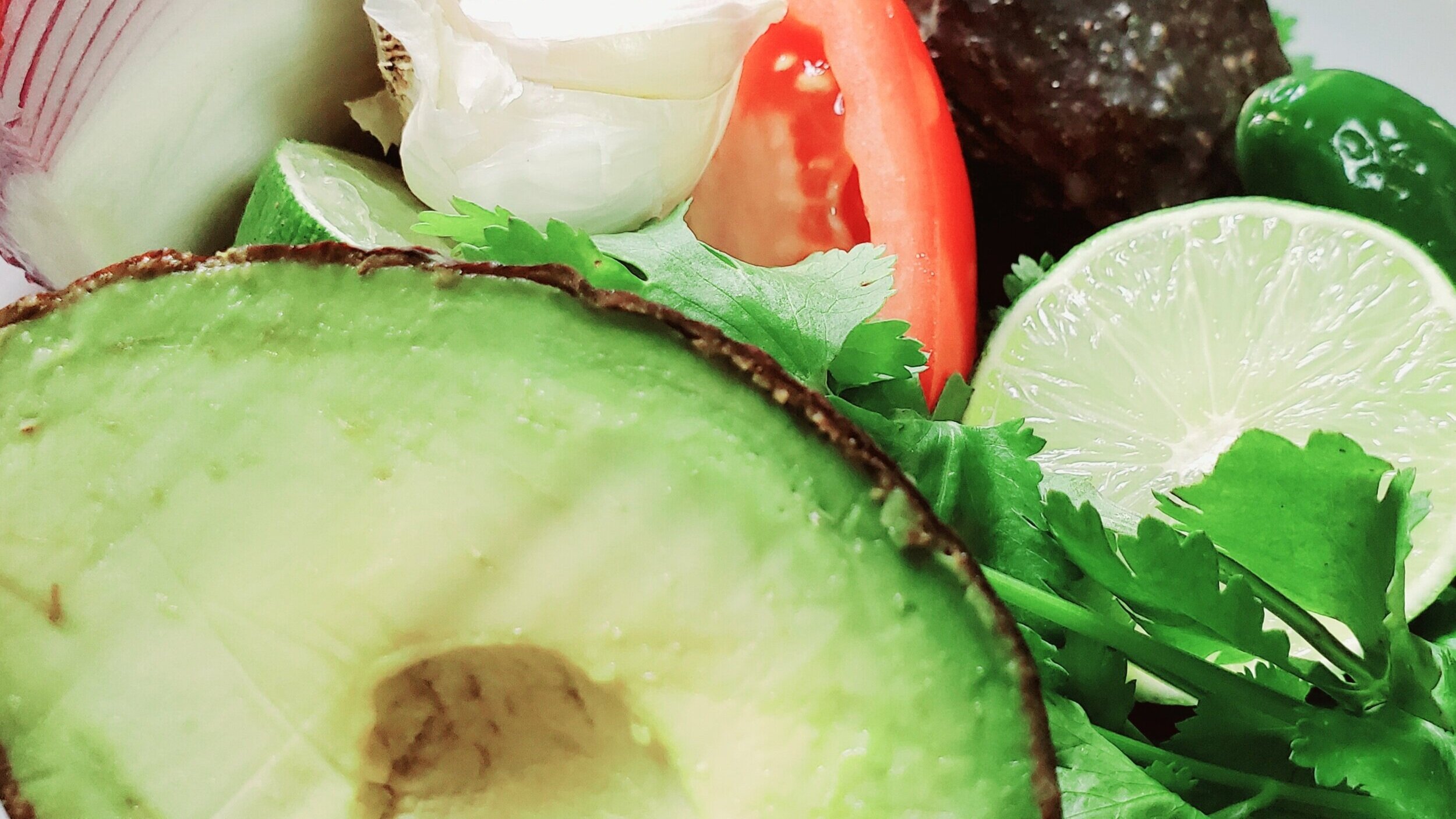How Many Calories Should I Eat in a Day?
How many calories should I eat in a day?
How many calories should I eat in a day? This question, recently asked by a client, is one I love and hate all at the same time. 😂 Luckily she knows me pretty well, so she knew she was opening a can of worms. This was my response:
Conventional wisdom would have us believe that the “calories in-calories out” method is key to weight loss. In that paradigm, the average woman needs about 2000 calories to maintain her weight and needs to eat between 1400 and 1800 to lose weight.
This is extremely problematic because the body doesn’t count calories. The body doesn’t know what a calorie is. Further, everyone’s metabolic rate is different based on genetics, activity level, body size, gender, age, and hormone status.
Your body responds not so much to the amount of calories you consume, but to the type of calories you put in, and how often you are putting those calories in. A lot of people will disagree with me on this. But the stats prove my case that calorie counting (and restriction) for the purpose of weight loss is ineffective: 99% of all people who lose weight by attempting to restrict calories end up failing and regaining the weight. Most regain within one year. Nearly all have regained the weight within five years.
Listen to this interview by kidney doctor, Dr. Jason Fung (Start at minute 3:15).
Why is counting calories not the answer?
The question of how many calories to eat in a day is faulty and simply the wrong question to ask. Why? Because your body’s use of calories, regulation of hunger, metabolic rate, and ability to shed body fat are controlled by hormones. You must affect the hormones to lose the weight. Hormones are affected mostly by what, when, and how often you eat.
When it comes to fat loss, insulin is the key player. Insulin is the fat storage hormone. Every time you eat, you get a rise in insulin. This is a good thing because it shuttles energy into our muscles so we can continue living. The problem is two-fold in modern society:
We eat too often. The idea that we should eat 6 to 10 small meals per day is somewhat ludicrous when you look at human evolutionary biology. We weren’t meant to eat that way. Eating too often keeps insulin chronically elevated.
We eat the wrong kinds of calories. Sixty percent of the American diet is processed, convenience, carb- and sugar- heavy “pseudo-foods”. These foods tend to cause large spikes in insulin, and, if we’re on the six-meal-a-day-plan, keep insulin chronically elevated.
When insulin is chronically elevated, we are in “storage mode”. So it makes sense that the key to fat loss is to lower insulin and avoid large insulin spikes.
Intermittent fasting (which you are already doing) is the most effective way to do that. But you still gotta eat…I’m certainly not suggesting that we starve ourselves! That’s when WHAT you eat during your feeding window matters. Different foods cause different insulin responses. Eating a steak with a side of buttered asparagus causes a minimal rise in insulin. On the flip side, eating a bagel and a banana will shoot insulin through the roof. The key to keeping insulin low and preventing spikes is to eat foods that keep insulin levels low and even.
Protein, fat, and fibrous veggies and fruits do not cause large rises in insulin. On the other hand, processed carbs or any high-carb food (including healthy types like potatoes, bananas, corn), eaten alone (without protein and fat), will cause a sharp spike in insulin. This will tell your body to store, store, store. The effect is even worse if you are on the 6-small-meals-per-day plan and are spiking your insulin all day long. This is one of the reasons intermittent fasting is so effective for fat loss: insulin comes way down and your body is forced to access your body fat for energy.
Calorie QUALITY matters much more than QUANTITY
How many calories you eat in a day is simply the wrong thing to worry about (not your fault…conventional advice has brainwashed us to believe this folly). Rather than trying to stay under some arbitrary number of calories, I’d rather you focus on the following five things to keep insulin under control:
1. Practice Intermittent fasting.
Nothing is more powerful for controlling and lowering insulin that not eating. Your body needs a break from digesting. Give it a chance to access its own fuel stores! Insulin begins to drop within 4 to 5 hours after a meal. We don’t begin accessing stored body fat for energy until about 12 hours after our last meal. But studies show that most people aren’t even giving their bodies 10 hours of rest from eating, which means insulin is elevated 14+ hours per day, and the body rarely gets the chance to access fat stores! This is why daily time-restricted feeding works so well for insulin control and fat loss.
2. Eat high quality calories.
Reduce reliance on mass-produced, convenience, packaged, and processed foods. That means crackers, bread, pasta, cereal, cookies, candies, cakes, etc., are OUT most of the time. It’s okay to treat yourself every now and then. But these foods shouldn’t be making up any significant portion of your diet. Favor vegetables, fruits, nuts and seeds, and meats. Basically…real food.
3. Eat until you are comfortably full.
Overeating — even if it’s “healthy” food — will cause a larger spike in insulin. This means paying attention to your hunger as you eat and stopping before you get to the point of discomfort. It takes some practice. But if you put some effort into this, you will soon learn that you need far less food than you originally thought….and you will also realize how good it feels to stop eating when you are comfortable vs. having to roll yourself away from the table.
4. Eat food in the right order.
Eat fibrous veggies first, protein second, and any starchy or processed carbs last. The fiber and protein will buffer the insulin response to some extent. However, it is still a good idea to reduce reliance on all processed foods, especially if the goal is fat loss.
5. Take a 15-minute walk about a half hour after meals.
Studies show that taking a walk after a meal can bring blood sugar response (precursor to insulin) down by up to 40%. This is such a stupid-simple way to control insulin!
The timing of calories matters much more than how many calories.
Photo by Malvestida Magazine on Unsplash
How many calories you eat matters less than the what and when!
Focus on the right things and you will not need to worry about how many calories you consume. When you practice fasting and eat real foods your body chemistry changes. Hunger hormones will regulate naturally. This will lower set point weight and you will shed excess body fat effortlessly and it will stay off!
Blog Author: Kelly Bailey, IIN certified holistic nutrition coach, and NPTI certified personal trainer
Learn more about the author here.



